 Today, we’re thrilled to share an extraordinary milestone for Sydney’s lost and abandoned pets.
Today, we’re thrilled to share an extraordinary milestone for Sydney’s lost and abandoned pets.
Philanthropist Basil Sellers AM has made a transformational donation of $1 million towards the construction of our new Sydney Dogs & Cats Home shelter in Kurnell! This incredible generosity brings our Make Home Happen appeal total to over $15.3 million, a major step forward towards our $21.6 million goal.
“My wife Clare and I are delighted to be a part of this wonderful project with Sydney Dogs and Cats Home. To know we are helping to care and house abandoned and lost animals gives us immense pleasure and pride. We have been wanting to be involved in an animal charity for a long time and this fits so well. This is incredibly important to the community, and I know the required monies will be raised with a little help from everyone.” – Basil Sellers AM
 This moment is a testament to the growing support from compassionate individuals, businesses, and our community. With the backing of Basil Sellers, the NSW Government, and countless animal lovers, we’re getting closer to opening the doors of our new Home—one that will provide a safe haven for Sydney’s most vulnerable pets.
This moment is a testament to the growing support from compassionate individuals, businesses, and our community. With the backing of Basil Sellers, the NSW Government, and countless animal lovers, we’re getting closer to opening the doors of our new Home—one that will provide a safe haven for Sydney’s most vulnerable pets.
When our new shelter is complete, we will double the number of lost and abandoned animals we care for each year. That means more pets rescued from abandonment and homelessness, more families reunited with their lost companions, and more second chances for animals to find loving forever homes.
While this generous donation moves us forward in a big way, we still need to raise the final funds to finish the build. Every donation—big or small—will bring us closer to making this dream a reality.
Will you help us cross the finish line? Donate today.
The more people who rally behind this cause, we can reduce the risk of further delays and ensure that when construction is complete, we’re ready to open our doors to pets in need.
Thank you for being part of this historic journey. Together, we can Make Home Happen.
Published 18 February 2025




 MON-SUN:
MON-SUN:
 02 9587 9611
02 9587 9611 INFO@SYDNEYDOGSANDCATSHOME.ORG
INFO@SYDNEYDOGSANDCATSHOME.ORG





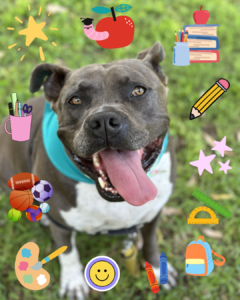
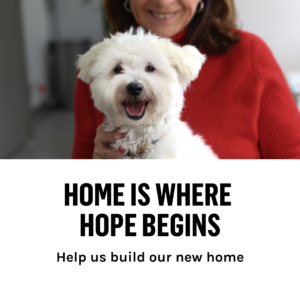
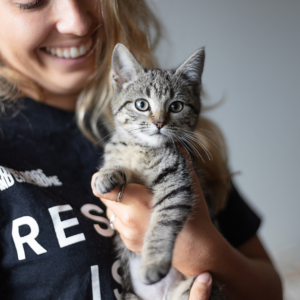
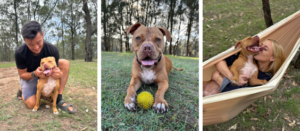



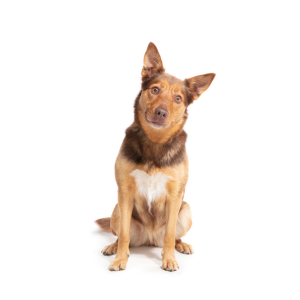




Recent Comments